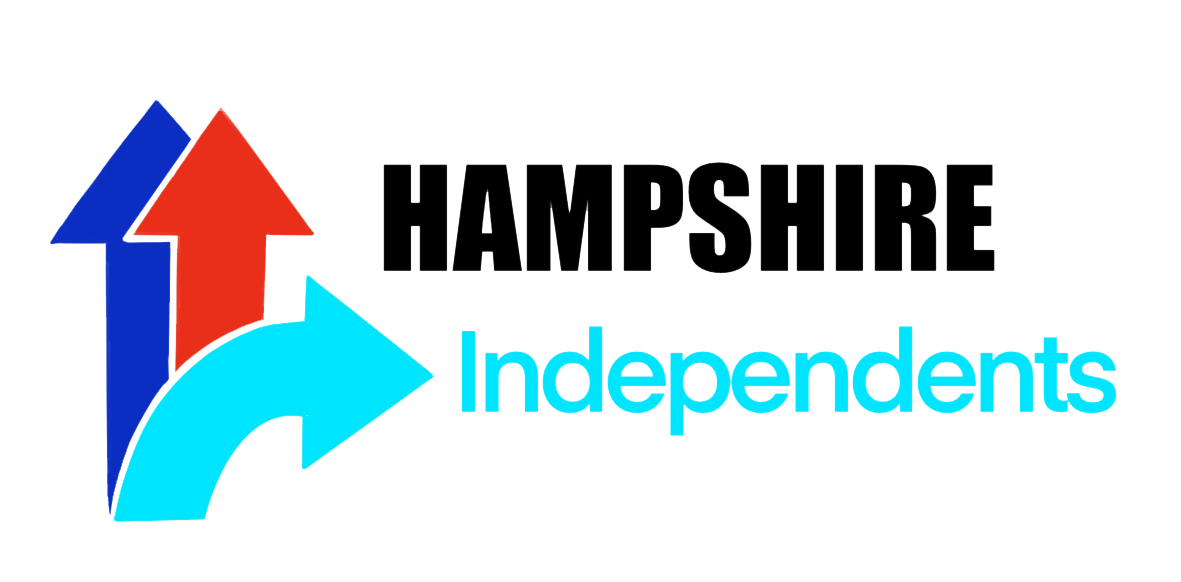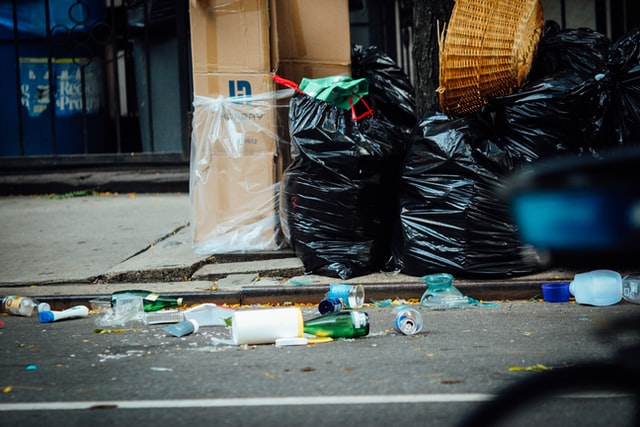With our waste recycling centres (previously known as “the dump”) now charging for certain types of waste to be discarded, there is no doubt that this has increased the number of fly-tipping incidents that have happened in and around Basingstoke. Add on to that the long queues to get into the dump, that are a regular occurrence, and now the fact that all cars have to be registered and pre-booked before attending, the fly-tipping has proven to have gotten worse. Recent Freedom of Information requests that have been submitted to Basingstoke and Deane Borough Council are very alarming. I will share some of those highlights with you.
Total number of fly-tipping incidents reported to Basingstoke and Dean Borough Council (BDBC)
| 2018 | 2093 reports |
| 2019 | 2138 reports |
| 2020 | 2699 as of 14 November 2020 |
The numbers clearly speak for themselves in that fly-tipping is increasing year on year. Now let’s consider the reasons for fly-tipping. If someone is going to be charged for the disposal of certain types of waste, for example, rubble, sanitary units, plasterboard to name just a few, then there are going to be some people who are going to object to paying those fees and would rather take the easier and very much cheaper option of just fly-tipping their waste anywhere they can. That waste can then cause serious environmental issues especially if that waste contains asbestos or plasterboard. BDBC are then paying council employees to record the incident and then more employees to go and collect the waste. FOI numbers for total waste tonnage collected are below:
| 2018 | 992 tonnes |
| 2019 | 941 tonnes |
| 2020 | 535 tonnes as of 14 November 2020 |
It is important to note that BDBC have changed the way fly-tipping waste is measured as they have changed the categories for what is waste and what isn’t. Interesting why they decided to do that in a year that has seen increased numbers of reported cases. A cynic could think this is to dilute the numbers and therefore not present the problem to be as big as it really is. But I will let you decide on why they have made this change in reporting.
BDBC pay one full time officer to whose sole remit is the investigation and enforcement of waste offence. BDBC also have other officers from the Community Safety Team and Street Cleansing Teams assist with the physical removal and cleaning of the fly-tipping sites. Now we need to look at how successful the full time officer has been in prosecuting those that are caught fly-tipping.
| 2018 | 2093 reported incidents. 80 cases were investigated. Only 6 were charged and prosecuted. Summary = 4% investigated. 0.3% successfully prosecuted |
| 2019 | 2138 reported incidents. 119 cases were investigated. Only 8 were charged and prosecuted. Summary = 5.5% investigated. 0.37% successfully prosecuted |
| 2020 | (14th November) 2699 reported incidents. 119 cases were investigated. Only 8 were charged and prosecuted. Summary = 3.7% investigated. 0.33% successfully prosecuted |
Is this a good return on the investment of a full time employee who is paid a salary, pension and many other benefits that the council offer its employees? I will let you decide.
It is worth mentioning that Hampshire County Council (HCC) pay for the Waste Recycling Centres (dumps) and sub-contract that task out to independent contractors. The money that is paid to these contractors when chargeable waste is taken to the dump is retained by the contractors. Furthermore, any money that is paid to these contractors when you find something at the dump that you want to take away, is also charged for. So in effect, someone has taken their waste to the dump that is classed as rubbish. The contractors sort through that waste and take out what they believe to be valuable, and then sell that back to anyone that wants to pay for it. So they are getting 3 different types of income, money from HCC, money from certain waste disposal and money from sales.
BDBC take all the waste collected from fly-tipping to the Veolia waste facility in Chineham. The cost of sending this waste to Veolia in Chineham is paid for by HCC. Let’s think about this for a second. HCC pay the contractors (Veolia) to run the dumps. BDBC pay for the management , collection costs and clean-up costs of the fly-tipped waste. HCC then pay the costs of that fly-tipped waste to be taken to the Veolia Chineham waste facility. What do you think the costs would be if HCC contracted the waste contractors to accept any and all types of waste ? There would be a lot less cases of fly tipping. There would be a considerable reduction in clean up costs and all the other hidden costs that exist. Our streets and country lanes would be cleaner and less chance of being polluted by any contaminated waste. Ironically the HCC control the waste facilities, yet the costs of fly tipping are borne by local councils. However, the fly-tipped waste is then charged back to HCC to dispose of once the local authority take it to the waste facilities. What a mess this is with the amount of cross charging and management involved in this madness.
Surely the benefit and cost savings are obvious for all to see. Allow any and all waste to be received at the dumps. No charges should be levied, after all we pay for the HCC and BDBC in our council taxes so why should we pay twice. The amount of fly-tipping would reduce dramatically as would the costs of all the clean up needed to decontaminate certain sites. Does it not make economic sense as well as being environmentally aware of the obvious benefit to all?


Totally agree with all that was said.It applies equally to all borough councils across the land.Maybe some day,someone will listen.